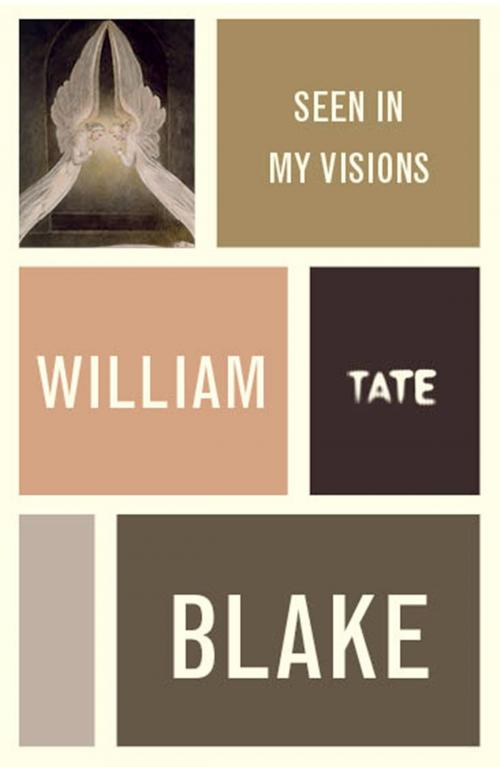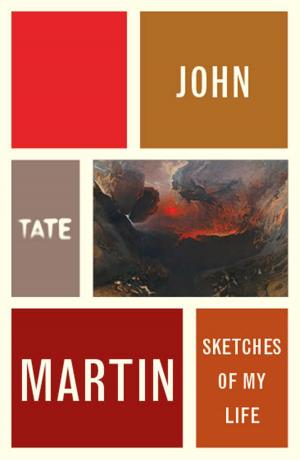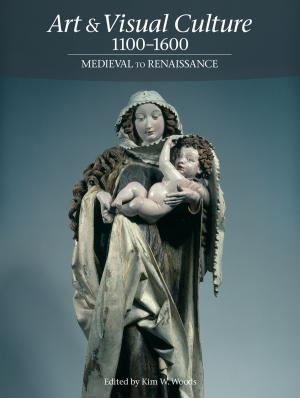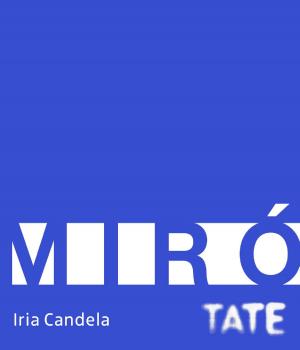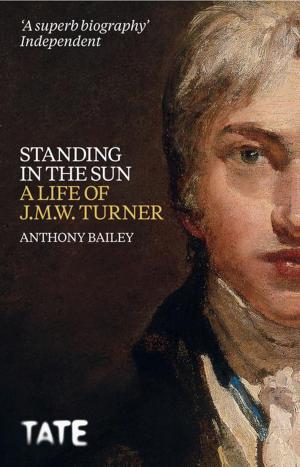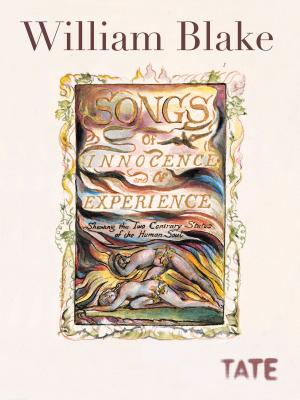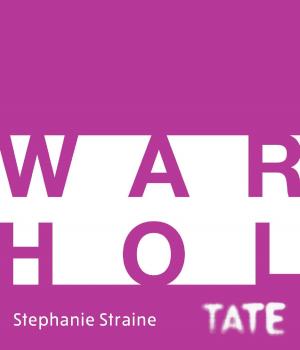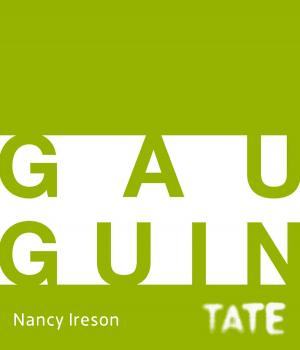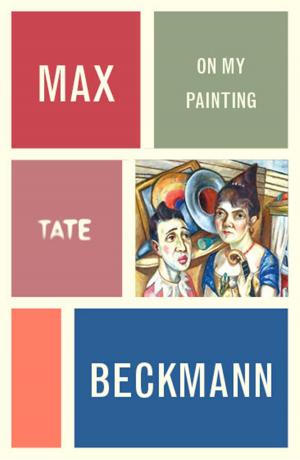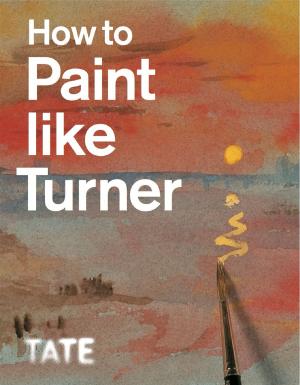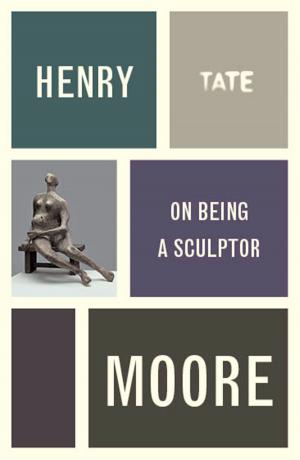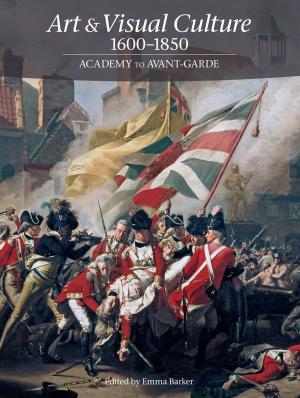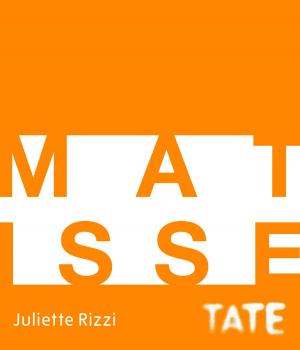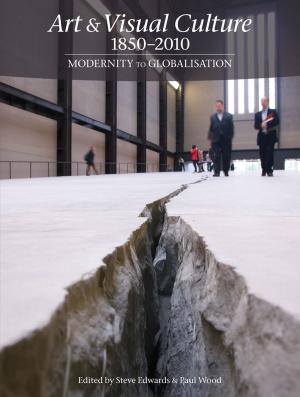William Blake: Seen in My Visions: A Descriptive Catalogue of Pictures
Nonfiction, Art & Architecture, General Art, Collections, Catalogues, & Exhibitions, Individual Artist| Author: | William Blake | ISBN: | 9781849761369 |
| Publisher: | Tate Enterprises Ltd | Publication: | September 5, 2013 |
| Imprint: | Tate Publishing | Language: | English |
| Author: | William Blake |
| ISBN: | 9781849761369 |
| Publisher: | Tate Enterprises Ltd |
| Publication: | September 5, 2013 |
| Imprint: | Tate Publishing |
| Language: | English |
In 1809 the little-known artist William Blake held an exhibition of 16 paintings in a private house in Soho in the west end of London. Works inspired by Chaucer's “Canterbury Tales” and John Milton's “Paradise Lost” sat alongside biblical scenes and Arthurian legend. The exhibition was not a success; the only review in the press was extremely unfavourable and few of the public came. One of those who did was the poet Charles Lamb, who later described the pictures as 'hard, dry, yet with grace', and the catalogue that accompanied the show as 'mystical and full of vision'. It is this catalogue that Tate Publishing are once again making available. In it, the scale and range of Blake's ambition are made plain, along with his theories on painting, his unsparing critiques of other artists and some extraordinary insights into the working of his mind. The only detailed writing on art that remains to us by Blake, it throws light on all his subsequent artistic enterprises, including the illuminated books for which he is perhaps most famous. Part commentary and part manifesto, his catalogue is as radical as it is in places eccentric (he claims at one point to have been transported in a "vision" back to the classical world). Fully illustrated in colour with reproductions of surviving works originally in the exhibition, the book includes an illuminating essay by leading authority on British art Martin Myrone, Lead Curator of Pre-1800 Art at Tate Britain, making it an essential purchase for all of those wanting to know more.
In 1809 the little-known artist William Blake held an exhibition of 16 paintings in a private house in Soho in the west end of London. Works inspired by Chaucer's “Canterbury Tales” and John Milton's “Paradise Lost” sat alongside biblical scenes and Arthurian legend. The exhibition was not a success; the only review in the press was extremely unfavourable and few of the public came. One of those who did was the poet Charles Lamb, who later described the pictures as 'hard, dry, yet with grace', and the catalogue that accompanied the show as 'mystical and full of vision'. It is this catalogue that Tate Publishing are once again making available. In it, the scale and range of Blake's ambition are made plain, along with his theories on painting, his unsparing critiques of other artists and some extraordinary insights into the working of his mind. The only detailed writing on art that remains to us by Blake, it throws light on all his subsequent artistic enterprises, including the illuminated books for which he is perhaps most famous. Part commentary and part manifesto, his catalogue is as radical as it is in places eccentric (he claims at one point to have been transported in a "vision" back to the classical world). Fully illustrated in colour with reproductions of surviving works originally in the exhibition, the book includes an illuminating essay by leading authority on British art Martin Myrone, Lead Curator of Pre-1800 Art at Tate Britain, making it an essential purchase for all of those wanting to know more.
